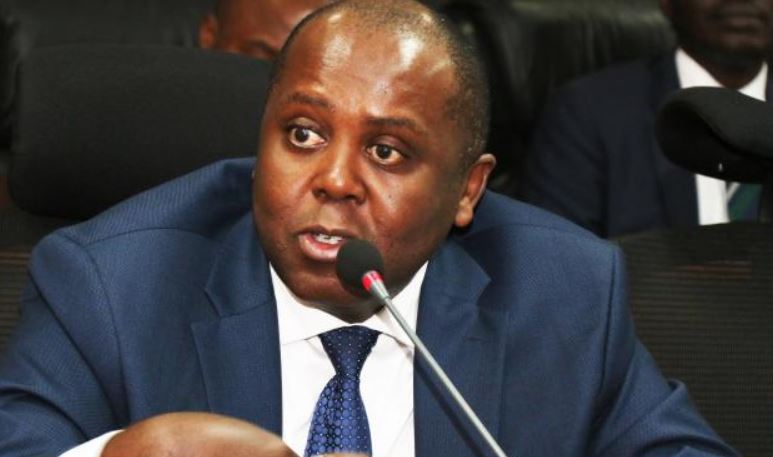×
The Standard e-Paper
Smart Minds Choose Us

In 2018, Telkom Kenya and Airtel Kenya announced plans that the second and third largest mobile operators in Kenya were merging their operations.
The deal would have seen the creation of a larger entity to take on market leader Safaricom, amassing 33 per cent market share for itself.